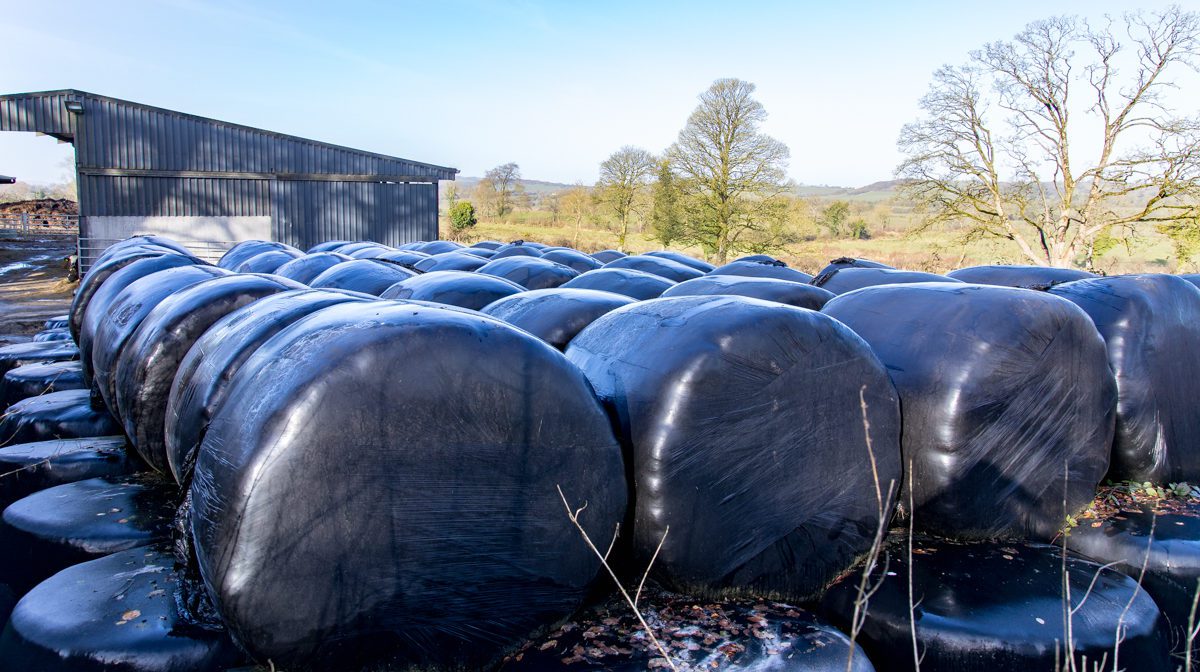A new study has found that the majority of farmers recycle agricultural plastic waste, but illegal burning and burying still persists on some farms.
The survey of 430 farmers on their attitudes towards the disposal and management of agricultural plastic is part of current PhD research on microplastics in soils being carried out by Clodagh King at Dundalk Institute of Technology (DkIT).
The research, which also examined farmers’ awareness and perceptions of the impacts of microplastics and plastics on the environment, was recently published in the internationally respected journal, Science of the Total Environment (STOTEN).

Over 88% of farmers who took part in the survey said that they are concerned about the amount of plastic waste generated by agricultural activities.
Most farmers view agricultural plastics negatively because of their environmental impact, along with the cost and logistics involved in dealing with them.
The study concluded that most farmers recycle their agricultural plastic.
The rate of recycling carried out by farmers was dependent on a number of factors including the type of plastic involved, the cost of recycling, access to facilities and knowledge about what can be recycled.
However, some farmers “openly admitted” to burning and burial of plastic waste on their farms, which is not only illegal but damaging to the environment.
The researchers recommended that initiatives should be rolled out to educate farmers on how to recycle farm plastics properly.
Plastic waste
Large pieces of plastic that are not properly managed can disintegrate into microplastics and make their way into soils, surface and groundwater sources.
Around 58% of farmers were “relatively aware” of microplastic pollution, but overall felt that they were more knowledgeable about plastic pollution.
More farmers also believed that aquatic environments are at greater risk to plastic pollution than the terrestrial environments.

The study, led by Clodagh King, recommended that future research efforts must focus on plastic and microplastic pollutions in soils to inform policy and to create greater public awareness of this issue.
It also outlined that new research is needed into the economic and practical viability of biobased and biodegradable plastics for use in agriculture.
“The findings from our study suggest that combined efforts by governments, policy makers, and other stakeholders must be undertaken to reduce the plastic and microplastic problem, it’s an environmental problem that we collectively must come together to solve,” King said.
